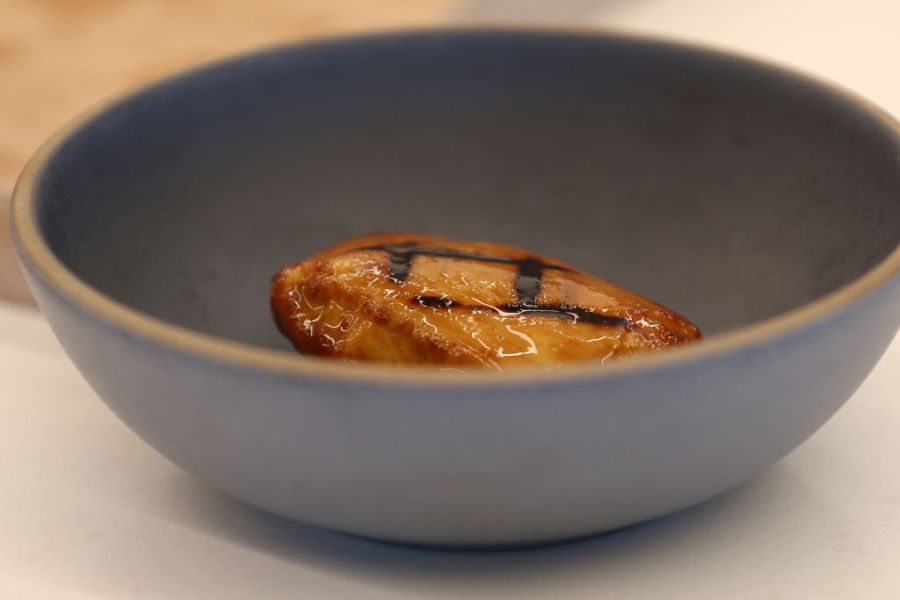The recent legislative move to ban cultivated meat in Florida strikes a blow against American principles. This ban, under the guise of consumer protection, echoes historical missteps where innovation was stifled to protect entrenched interests.
Imagine if, a century ago, we had protected the horse buggy industry from cars, or if we had rejected synthetic biology that now produces insulin without animal suffering.
Where would we be if fear had prevailed over progress? Cultivated meat represents a groundbreaking advancement in meeting our protein needs more sustainably and ethically. It provides a vital alternative during crises like pandemics or inflation, ensuring resilient supply chains and competitive markets.
By banning this emerging industry, we are not safeguarding the public but hindering progress. Why is traditional animal agriculture afraid of competition from cultivated meat?
If cultivated meat becomes cost-competitive, it might force traditional producers to lower their prices, which have been increasing rapidly, burdening the American pocketbook. Competition benefits the consumer. Even those who prefer not to eat these new products gain from the lower prices and improved quality driven by competition.
Consider the broader implications of such bans. Cultivated meat offers a choice — an alternative to traditional animal products for those concerned with environmental impact, animal welfare or health issues related to antibiotics and hormones in conventional meat.
If we value freedom, why remove this choice? Whether it’s cultivated meat or Doritos, isn’t the freedom to choose what we consume quintessentially American? The hypocrisy is particularly stark in a state that prides itself on individual freedom and market-driven solutions.
Banning a yet-to-be-competitive industry like cultivated meat contradicts the very principles of innovation and free-market competition that have driven our country’s growth. This isn’t about forcing anyone to abandon traditional meat; it’s about adding options to our menu. Regulation to ensure safety and transparency is sensible, but outright bans are un-American.
We don’t ban cigarettes, alcohol or even junk food despite their known risks. Why then should we ban a sustainable, potentially revolutionary way to produce protein?
Florida has the chance to lead in this area, to embrace the future rather than cling to the past. Let’s not be the generation that bans the future. Let’s be the ones who welcomed it, nurtured it and thrived from it. Florida, known for its spirit of enterprise and freedom, should lead the charge, not stand in its way.
Ari Nessel is an entrepreneur and philanthropist. He is president of Food Solutions Action, a nonprofit that advocates for the adoption of alternative proteins. He oversees Nessel Development, a real estate redevelopment company.
